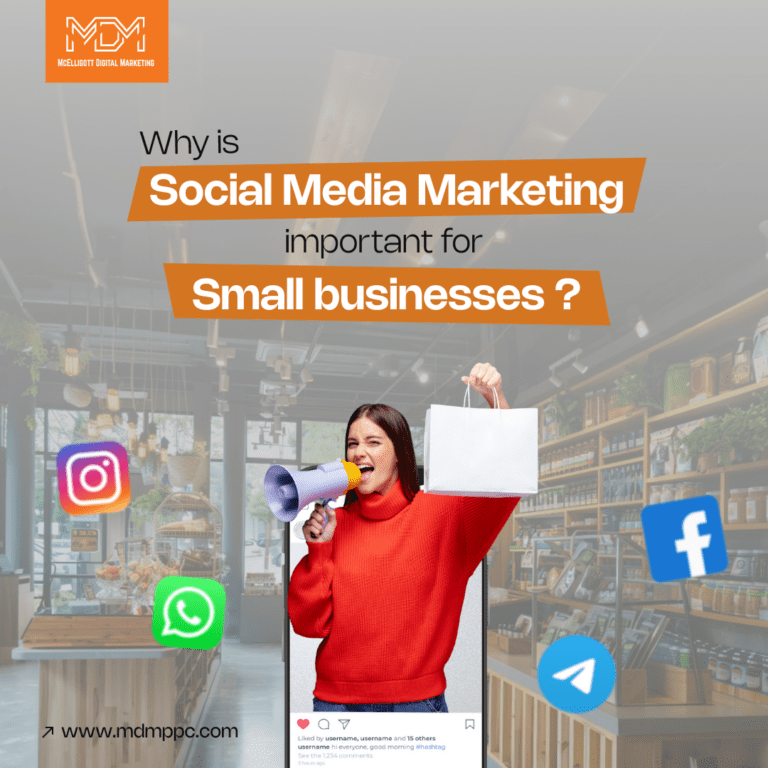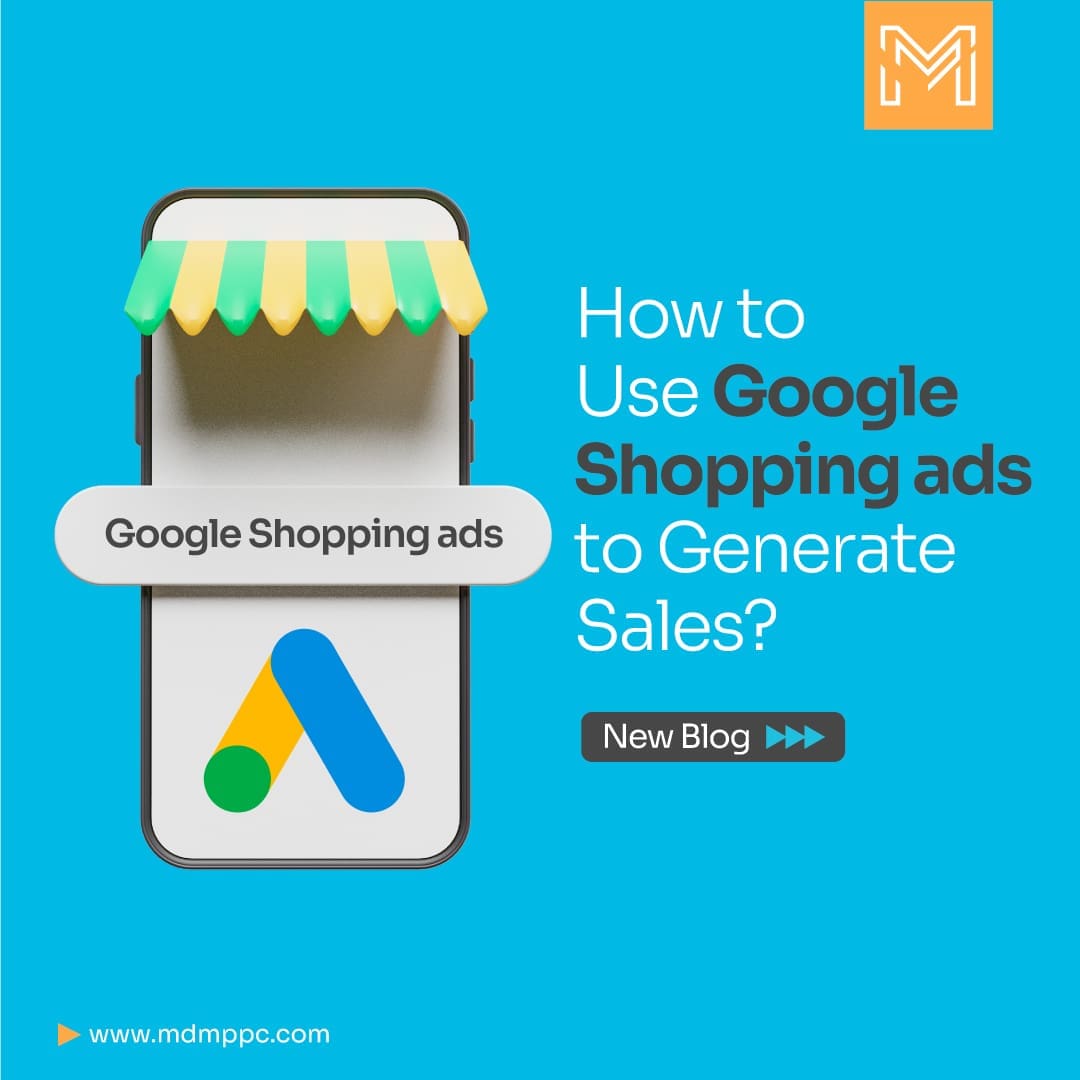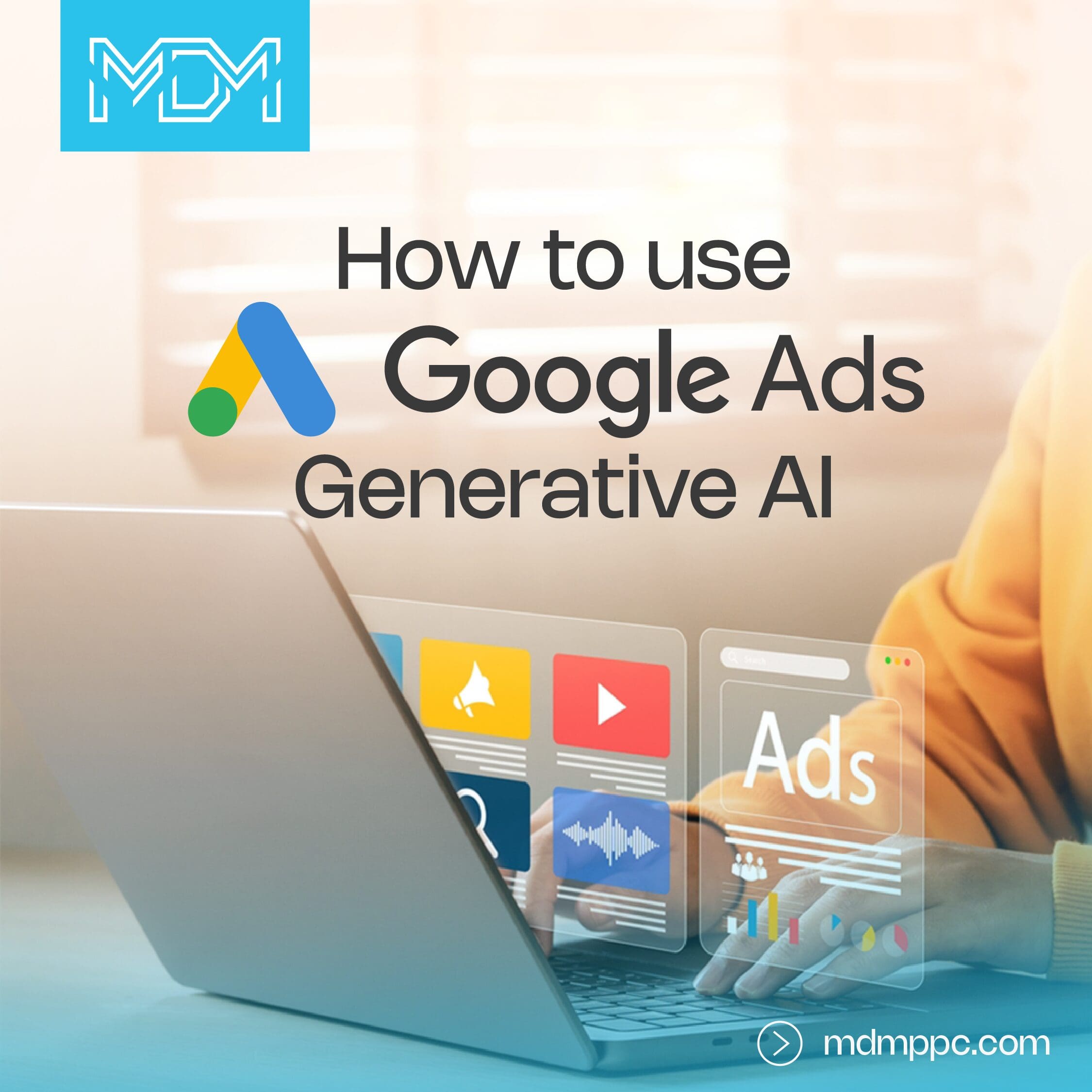If you own a business and want more people near you to visit your store, or buy your products or services online, you need every possible tool to reach your audience effectively.
X built an attractive website, published content, and spread the word about his services among his local community. He was convinced that he had covered all his bases. Yet, his sales did not grow a lot. However, his competitors, who once very equally matched, started to outpace him. X couldn’t understand why.
Later when he analyzes, his competitors were everywhere on social media. Their posts were being liked, shared, and commented on by hundreds, if not thousands of people, many of whom were his customers. He had ignored the social media marketing, his competitors had gained on it, capturing the attention and trust of a wider audience.
So the mistake X made was that he didn’t know why social media marketing is important for small businesses. While traditional methods such as word-of-mouth marketing, websites, and content creation remain valuable, social media marketing is an important component of a successful business strategy. Without social media marketing, small businesses risk missing out on reaching new clients, customer engagement, and brand visibility.
In this blog, you’ll learn why social media is important for small businesses and which social media channels should businesses be present on based on their industry.
10 Reasons why social media marketing is important for small businesses
1. Boost website traffic
Social media platforms increase traffic to your website. For example, according to HubSpot, businesses that post on social media are likely to experience a 55% increase in website traffic.
Share your blog posts, special promotions, or product launches on platforms like Facebook and Instagram to create multiple entry points for people to visit your website.
For example, a small clothing store shares a post about their new apparel collection, and it leads followers to click through to their website and explore the collection.
2. Brand awareness
Being consistently present on social media makes better brand recognition. According to Sprout Social, 71% of consumers are more likely to buy from a brand they follow on social media.
Take the example of Glossier, a beauty brand that started on a small scale but used Instagram to build a recognizable brand image. They often share user-generated content and behind-the-scenes stories, which makes their audience feel connected with the brand and keeps them on top of mind for future purchases.
3. Cost-effective
Social media marketing is an affordable form of marketing. Facebook ads allow businesses to reach 1,000 people for an average cost of $7.19, compared to traditional advertising methods like print or TV ads that could cost hundreds or even thousands of dollars.
A local bakery could invest just $50 in a targeted Facebook ad and reach thousands of people in their area, all without having to increase their budget.
4. Increase sales
Social media can increase sales directly. According to a study by BigCommerce, 30% of online customers say they would make a purchase directly from a social media platform.
For example, a small business selling handmade jewelry can post photos of their pieces on Instagram, link directly to their online shop, and use limited-time discounts to drive customers to make more purchases, resulting in higher sales.
5. Social advertisement
Social media ads help small businesses to be highly specific with their audience targeting. For example, Facebook and Instagram ads allow you to set demographics like age, location, interests, and behaviors, making sure that your ads reach your ideal customers.
A yoga studio can target ads specifically at health-conscious men and women aged 25-40 within a 10-mile radius of their location, ensuring that their advertising dollars make up for the investment.
6. Customer service
Providing fast customer service is important as no one likes waiting. Studies show that 67% of customers have connected with a brand on social media for customer service needs.
For example, giants like Delta Airlines respond to customer queries on Twitter, solving issues like flight changes or cancellations right there and then, and publicly. Quick communication not only solves the customer’s problem but also reflects that the brand is dedicated to service, which builds customer trust.
7. Enhanced customer engagement
Social media increases real-time engagement with your customers. According to Statista, 54% of social media users browse social platforms to research products. Respond to comments, share customer photos, and ask for feedback to create a community around your brand.
Take Wendy’s, for example, their witty interactions with followers on Twitter have led to increased engagement and brand love.
8. Higher brand loyalty
Brand loyalty is a real thing and social media helps build a loyal customer base. Research from Texas Tech University shows that brands that connect on social media channels have a higher loyalty from their customers.
Starbucks, for instance, uses social media to offer exclusive promotions, share content that matches their audience demands, and respond to customer queries, which has helped them create a returning customer base.
9. Improve customer experience
Social media provides information about what customers are thinking and saying about your brand. According to a Salesforce report, 76% of consumers expect companies to understand their needs and expectations. Monitor social media comments and reviews to get valuable feedback.
For example, a small restaurant noticed customers frequently requesting more vegetarian options and adjusted their menu accordingly to improve customer satisfaction.
10. Higher conversion rates
Social media can lead to higher conversion rates due to increased trust and familiarity. Data from Shopify shows that conversion rates for Instagram are average around 1.08%, while Pinterest stands at 0.54%.
For example, a small skincare business can use Instagram stories to share before-and-after photos of their products in action. Seeing real results from real customers builds trust among people, which eventually leads to more sales and a higher conversion rate.
Social media marketing platforms based on industry
1. Service-based businesses
- Haircutting salons- Instagram (for showing work, offering online booking), Facebook (for local promotions, and customer reviews), and TikTok (for quick hair tutorials).
Also check: 12 successful digital marketing strategies for salon business
- Cleaning companies- Facebook (for local promotions, and customer testimonials), Instagram (for before-and-after photos), and Google My Business (for local SEO and customer reviews).
- Law firms- LinkedIn (for professional networking, sharing legal insights), Facebook (for local promotions, sharing legal news), and Google My Business (for local SEO and reviews).
2. Retail businesses
- Grocery stores- Facebook (for local promotions, sharing store news), Instagram (for posting about products, and running contests), and Google My Business (for local SEO, store hours, and customer reviews).
- Restaurants- Instagram (for food, offering online reservations), Facebook (for promotions, sharing menu updates), and TikTok (for short, engaging food videos).
Also check: Google ads for restaurants
- Clothing Stores- Instagram (for running fashion campaigns), Facebook (sharing sales news, offers, and discounts), and Pinterest (for creating product boards).
3. Local businesses
- Gyms and fitness centers- Instagram (for workout videos, offering personal training), Facebook (for sharing fitness tips and quick healthy food recipes), and TikTok.
- Home improvement stores- Instagram (for offering DIY tutorials), Facebook (for sharing store news), and Pinterest (for creating home improvement inspiration boards).
- Pet care services- Instagram (for sharing pet care tips), Facebook (for local promotions, offering online booking), and TikTok (for short, engaging pet videos).
This list is not exhaustive either of the industries or the channels. That means, for different industries you can focus on different social media channels. On A/B testing your posts on social media, you’ll get a fair idea about which channels you should focus more upon.
Conclusion
The importance of social media marketing for small businesses can not be overstated. It provides businesses with the opportunity to reach a broad customer base by creating engaging posts and sharing video content. One of the key benefits of social media marketing is its cost-effectiveness. It allows businesses to connect with large audiences while keeping expenses low, with flexible advertising options like pay-per-click and cost-per-impression available to suit various budgets.
However, successful social media marketing requires consistency, an effective strategy with flexibility, and sharing your real work with your audience.
With McElligott Digital Marketing as your digital partner, you can focus on your business while we take care of your brand’s ad management, content creation, and social media marketing.
Get a FREE consultation with us today at (833) 772-4897.
FAQs
1. How does social media marketing help small businesses?
Social media marketing helps small businesses by strengthening their social media presence, helping them to reach a wider audience, connect with customers, and build brand awareness.
It provides cost-effective solutions to promote products and services, for growth and customer loyalty.
2. Why is social media marketing important for every business?
The benefits of social media marketing are increased customer engagement, more visibility, and online collaborations. It helps companies stay competitive. Having a strong social media presence is important for building relationships with customers and increasing the brand’s reach.
3. What percentage of small businesses use social media marketing?
Nearly 73% of small businesses use social media marketing to grow their social media presence and connect with customers. If you’re not leveraging social media marketing for your business, you’re losing your audience to your customers.





